
Sir Alexander Fleming was a Scottish physician and microbiologist, best known for discovering the world's first broadly effective antibiotic substance, which he named penicillin. His discovery in 1928 of what was later named benzylpenicillin from the mould Penicillium rubens has been described as the "single greatest victory ever achieved over disease". For this discovery, he shared the Nobel Prize in Physiology or Medicine in 1945 with Howard Florey and Ernst Boris Chain.
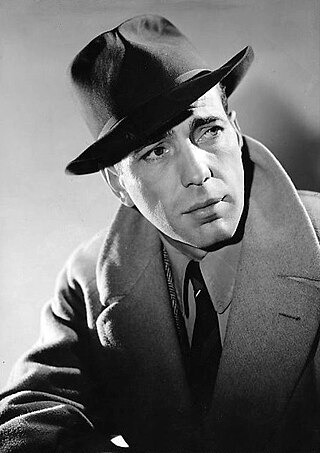
Humphrey DeForest Bogart, colloquially nicknamed Bogie, was an American actor. His performances in classic Hollywood cinema films made him an American cultural icon. In 1999, the American Film Institute selected Bogart as the greatest male star of classic American cinema.

Penicillins are a group of β-lactam antibiotics originally obtained from Penicillium moulds, principally P. chrysogenum and P. rubens. Most penicillins in clinical use are synthesised by P. chrysogenum using deep tank fermentation and then purified. A number of natural penicillins have been discovered, but only two purified compounds are in clinical use: penicillin G and penicillin V. Penicillins were among the first medications to be effective against many bacterial infections caused by staphylococci and streptococci. They are still widely used today for different bacterial infections, though many types of bacteria have developed resistance following extensive use.
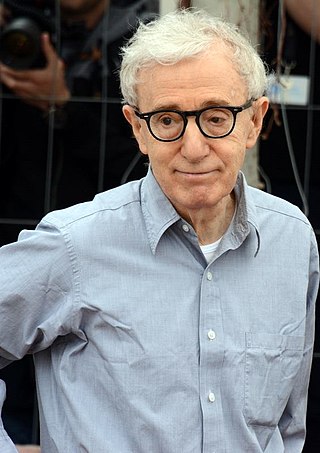
Heywood Allen is an American filmmaker, actor, and comedian whose career spans more than six decades. Allen has received many accolades, including the most nominations for the Academy Award for Best Original Screenplay, with 16. He has won four Academy Awards, ten BAFTA Awards, two Golden Globe Awards and a Grammy Award, as well as nominations for a Emmy Award and a Tony Award. Allen was awarded an Honorary Golden Lion in 1995, the BAFTA Fellowship in 1997, an Honorary Palme d'Or in 2002, and the Golden Globe Cecil B. DeMille Award in 2014. Two of his films have been inducted into the National Film Registry by the Library of Congress.
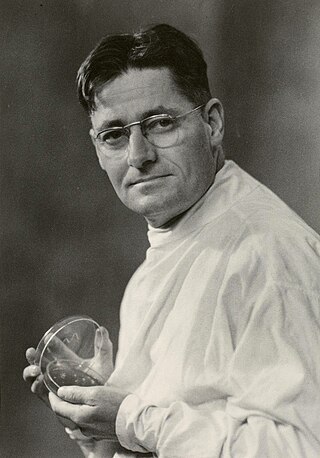
Howard Walter Florey, Baron Florey, was an Australian pharmacologist and pathologist who shared the Nobel Prize in Physiology or Medicine in 1945 with Ernst Chain and Sir Alexander Fleming for his role in the development of penicillin.
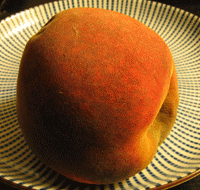
A mold or mould is one of the structures that certain fungi can form. The dust-like, colored appearance of molds is due to the formation of spores containing fungal secondary metabolites. The spores are the dispersal units of the fungi. Not all fungi form molds. Some fungi form mushrooms; others grow as single cells and are called microfungi.

Annie Hall is a 1977 American satirical romantic comedy-drama film directed by Woody Allen from a screenplay written by Allen and Marshall Brickman, and produced by Allen's manager, Charles H. Joffe. The film stars Allen as Alvy Singer, who tries to figure out the reasons for the failure of his relationship with the eponymous female lead, played by Diane Keaton in a role written specifically for her.

Interiors is a 1978 American drama film written and directed by Woody Allen. It stars Kristin Griffith, Mary Beth Hurt, Richard Jordan, Diane Keaton, E. G. Marshall, Geraldine Page, Maureen Stapleton, and Sam Waterston.
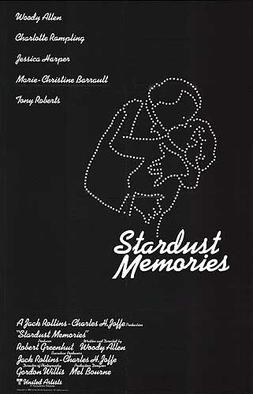
Stardust Memories is a 1980 American comedy-drama film written and directed by Woody Allen and starring Allen, Charlotte Rampling, Jessica Harper and Marie-Christine Barrault. Sharon Stone has a brief role, in her film debut. The film is about a filmmaker who recalls his life and his loves - the inspirations for his films - while attending a retrospective of his work. The film is shot in black and white and is reminiscent of Federico Fellini's 8½ (1963), which it parodies.
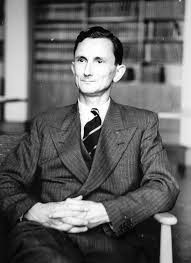
Norman George Heatley OBE was an English biologist and biochemist. He was a member of the team of Oxford University scientists who developed penicillin. Heatley developed the back-extraction technique for efficiently purifying penicillin in bulk.

Sir Ernst Boris Chain was a German-born British biochemist best known for being a co-recipient of the Nobel Prize in Physiology or Medicine for his work on penicillin.
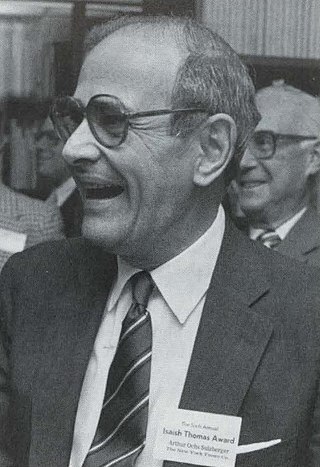
Arthur Ochs Sulzberger Sr. was an American publisher and a businessman. Born into a prominent media and publishing family, Sulzberger became publisher of The New York Times in 1963 and chairman of the board of The New York Times Company in 1973. Sulzberger relinquished to his son, Arthur Ochs Sulzberger Jr., the office of publisher in 1992, and the board chairmanship in 1997.

Arthur Ochs "Pinch"Sulzberger Jr. is an American journalist.

The history of penicillin follows observations and discoveries of evidence of antibiotic activity of the mould Penicillium that led to the development of penicillins that became the first widely used antibiotics. Following the production of a relatively pure compound in 1942, penicillin was the first naturally-derived antibiotic.
Reserve Constable Albert Alexander was the first patient to be treated with injections of penicillin.
Ralph Rosenblum was an American film editor who worked extensively with the directors Sidney Lumet and Woody Allen. He won the 1977 BAFTA Award for Best Editing for his work on Annie Hall, and published an influential memoir When the Shooting Stops, the Cutting Begins: A Film Editor's Story.
Don't Drink the Water is a play written by Woody Allen that premiered on Broadway in 1966. The farce takes place inside an American Embassy behind the Iron Curtain. Although Allen contributed material for the 1960 Broadway musical revue From A to Z, this was his first professionally produced play. The play was described as being "near the hit line", "one big overfed American folk joke" and "a very funny situation comedy" by critic Otis L. Guernsey.

Ancient societies used moulds to treat infections, and in the following centuries many people observed the inhibition of bacterial growth by moulds. While working at St Mary's Hospital in London in 1928, Scottish physician Alexander Fleming was the first to experimentally determine that a Penicillium mould secretes an antibacterial substance, which he named "penicillin". The mould was found to be a variant of Penicillium notatum, a contaminant of a bacterial culture in his laboratory. The work on penicillin at St Mary's ended in 1929.
Richard O'Brien was an American humor writer and expert on toy collecting known primarily for his series of books, "O'Brien's Collecting Toys". His "Collecting American-Made Toy Soldiers," published in 1996, has been extensively used by hobbyists.

The following is a list of published works by or about the American film director Woody Allen.















